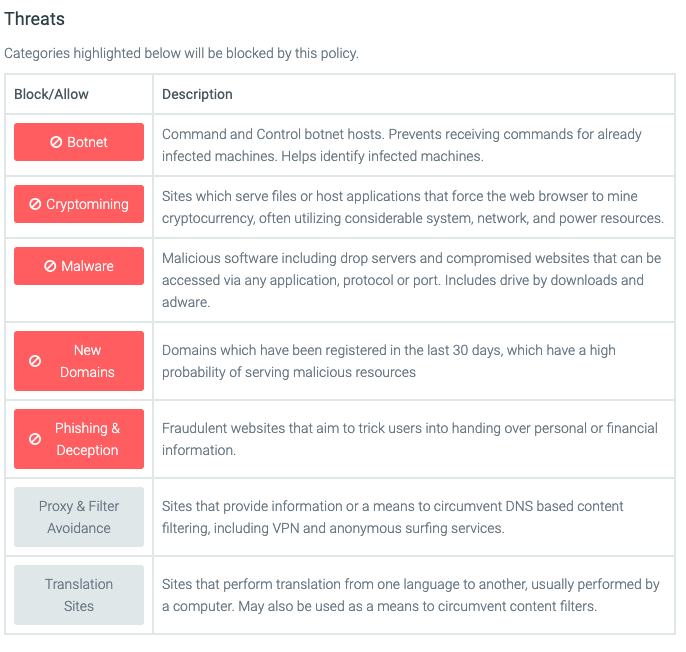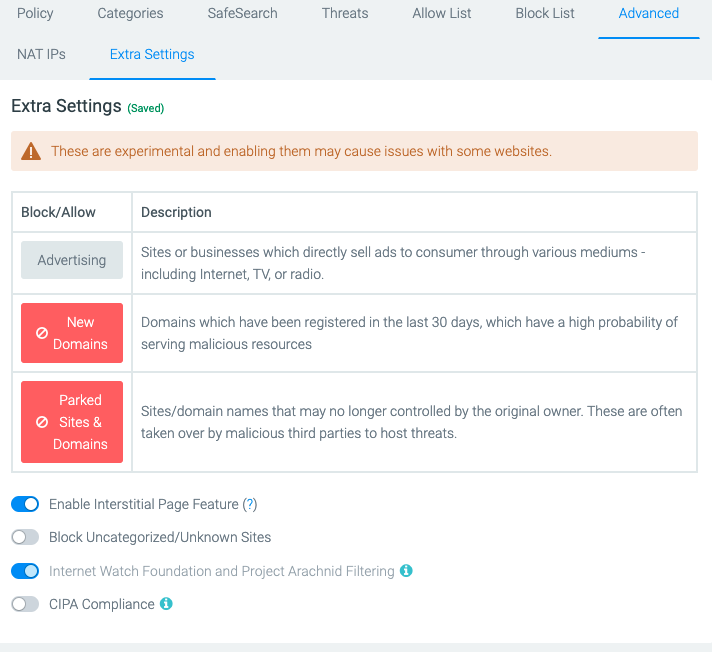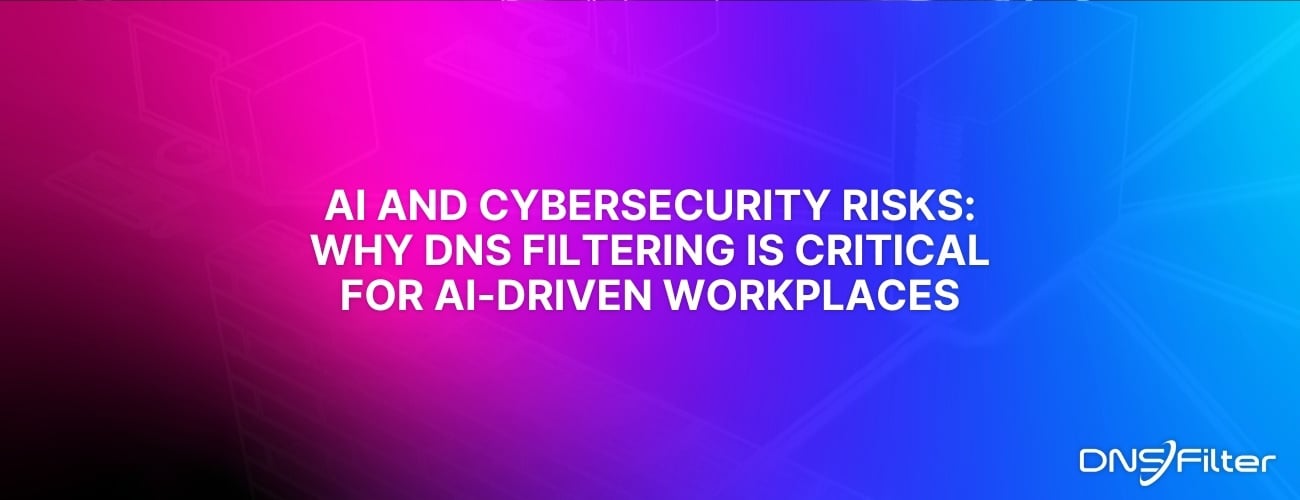Share this
Free DNS Security For 60 Days: Securing Critical Infrastructure
by Serena Raymond on May 12, 2021 12:00:00 AM
Our critical infrastructure is under attack. In the fall of 2020, the FBI warned that hackers were targeting hospitals with ransomware. In just the last 30 days, schools from Buffalo to Fort Lauderdale, DC’s police department, and a major oil pipeline were all the victims of ransomware attacks.
The pipeline attack is the most recent and far-reaching attack, triggering gas shortages in some of the US and Canada.
Cyber attacks are not just a digital problem. Their effects can be felt in everything from delays in patient care to schools shutting down for days as administrators get systems back online. It’s an unfortunate reality: Ransomware is on the rise, and the attacks are targeting our critical infrastructure.
That’s why, at DNSFilter, we want to do what we can to help protect our most valuable and most vulnerable organizations by providing DNSFilter for free for 60 days to organizations within the public sector.
Free DNS Security for 60 Days
We understand that the threat of a ransomware attack on your organization is a scary proposition. With our DNS security, you’ll be able to block malware (including ransomware), phishing, and cryptojacking sites in real-time.

DNSFilter is an ideal solution for government and public organizations, such as non-profits, as we offer Protective DNS—something CISA and the NSA recommend larger organizations use to protect themselves from cyber attacks. We also work with organizations like the Internet Watch Foundation and Project Arachnid, filtering all child sexual abuse content reported by them.
Our customers include large school districts, state and local government agencies, the US Army, healthcare organizations, and more.
To start blocking threats with DNSFilter, just add the following threat categories in our app to make sure your organization is protected:

Here are a few other features we recommend you try out:
- Interstitial Page Feature—this will categorize unknown domains in real-time
- Block Uncategorized Sites—if you’d rather stay on the safe side, you can block any uncategorized (or unknown) sites altogether
- CIPA compliance—DNSFilter has one-click CIPA compliance for schools and libraries that need to achieve e-rate funding
You’ll find these features in “Extra Settings” under “Advanced.”

As you get set up with your 60-day free trial, we’re here to help. Follow our setup documentation or reach out to support (top-right of the app) if you run into a deployment issue.
Include the code PUBSECT60 in the “How do you plan to use DNSFilter?” section when you register for your free trial. You’ll be able to get started in just minutes and blocking threats before the end of the day.
.png)
Disclosure: Offer only valid for organizations within the public sector. Current DNSFilter customers are not eligible for this deal.
Share this
 Artificial Intelligence in Cybersecurity
Artificial Intelligence in Cybersecurity
The term “artificial intelligence (AI)” was first coined in 1956. While progress stalled for many years, we can thank IBM for sparking real interest in AI as viable technology: First in 1997 when the computer Deep Blue defeated a chess champion and again in 2011 when Watson won Jeopardy!
 The Mind Games Behind Cyber Attacks
The Mind Games Behind Cyber Attacks
Hackers have long understood that the most sophisticated firewall is no match for a well-placed psychological trick. While many focus on the technical prowess of cybercriminals, the real magic often lies in their ability to manipulate human behavior. By exploiting our natural tendencies and cognitive biases, hackers can slip past even the most robust security systems. It's not just about cracking codes; it's about cracking the human psyche.
 AI and Cybersecurity Risks: Why DNS Filtering is Critical for AI-Driven Workplaces
AI and Cybersecurity Risks: Why DNS Filtering is Critical for AI-Driven Workplaces
Artificial intelligence is transforming business operations, automating everything from customer service to data analysis. But with these advancements come new security challenges. AI-driven cyber threats are becoming more sophisticated, enabling attackers to automate phishing campaigns, generate malware, and exfiltrate sensitive data at scale. Without proper safeguards, AI tools can unintentionally leak corporate secrets or connect to malicious ...


